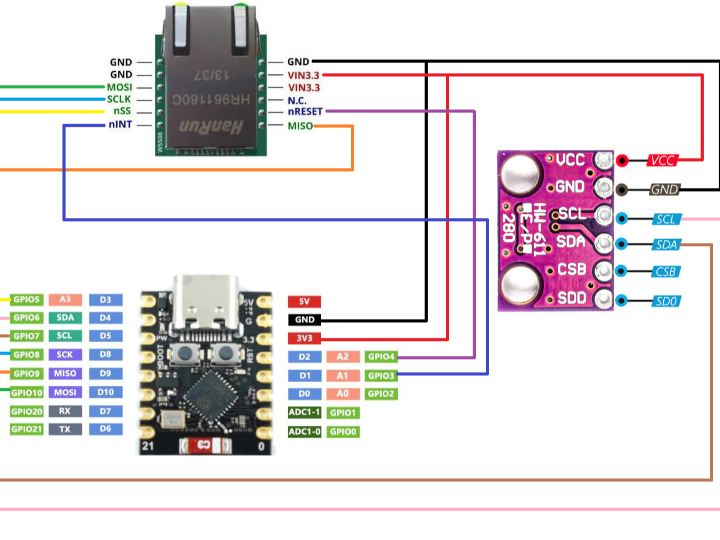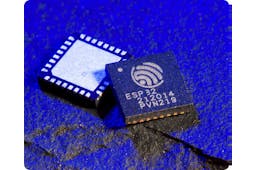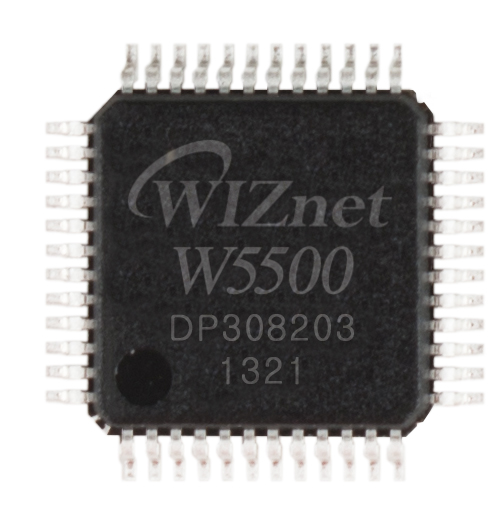ESPHome-W5500-Ethernet-on-ESP32-boards
Playing around with the ESPHOME and W5500 ethernet module on different ESP32 boards. Goal is to be able to use SPI for ethernet and I²C for other sensors or ext

And even with this small sized board, there is some room for extra connections!
Possible improvements to investigate:
- CLK wire for the W5500 SPI bus is set to GPIO08
- GPIO08 is also the linked to the status led of the ESP32 C3 super mini development board
- possible or better to use GPIO02 instead?
- update 18.01.2024: switching CLK to GPIO02 did not seem to work...
At first, I only got it to work with the arduino framework:
esphome:
name: esp32c3-super-mini
friendly_name: esp32c3-super-mini
esp32:
board: esp32-c3-devkitm-1
framework:
type: arduino
# Enable logging
logger:
level: DEBUG
# Enable Home Assistant API
api:
ota:
ethernet:
type: W5500
mosi_pin: GPIO10
miso_pin: GPIO09
clk_pin: GPIO08
cs_pin: GPIO5
reset_pin: GPIO04
interrupt_pin: GPIO03
clock_speed: 25MHz
i2c:
scl: GPIO07
sda: GPIO06
scan: True
id: bus_a
sensor:
- platform: bmp280
temperature:
name: "Temperature"
unit_of_measurement: °C
accuracy_decimals: 1
pressure:
name: "Pressure"
unit_of_measurement: hPa
accuracy_decimals: 0
i2c_id: bus_a
address: 0x76After some iterations, it also works with the esp-idf framework; some tweaking of the platformio options was necessary:
esphome:
name: esp32c3-super-mini-idf
friendly_name: esp32c3-super-mini-idf
platformio_options:
board_build.flash_mode: dio
board_build.mcu: esp32c3
board_build.f_cpu: 160000000L
esp32:
board: esp32-c3-devkitm-1
framework:
type: esp-idfSo far, connection seems to be lightning fast and super stable.
In my experience, the easiest way of flashing the new ESP32C3 boards is by using the Adafruit ESPTool.



